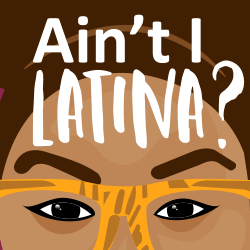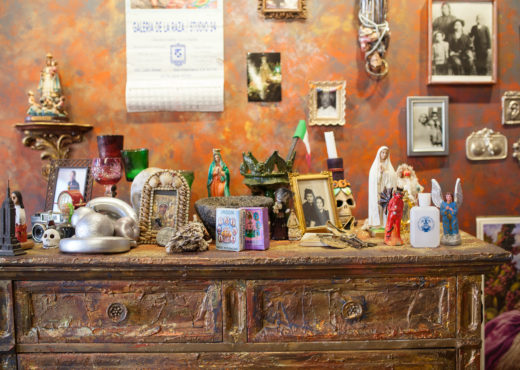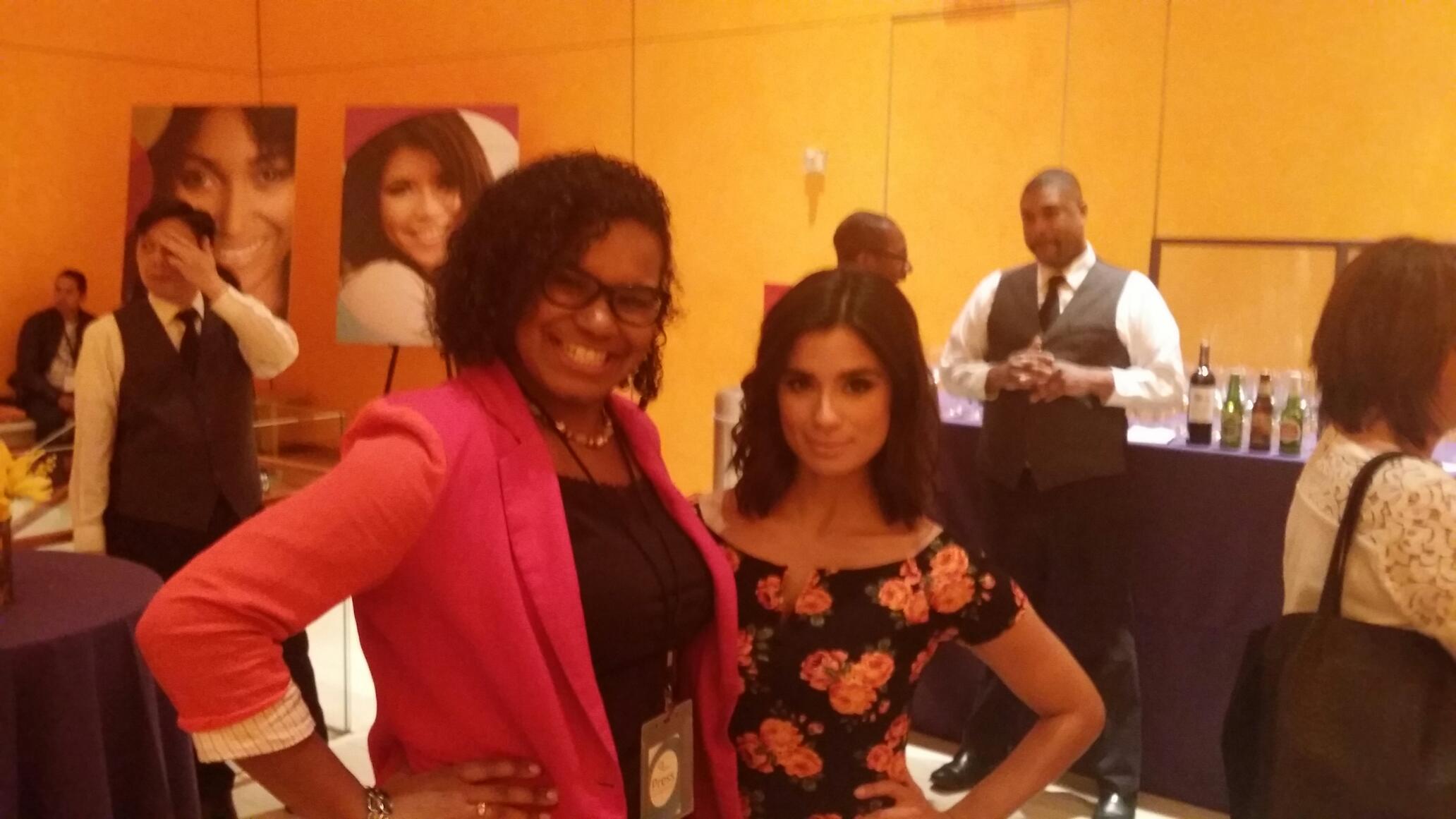December is a special month for me. My personal new year begins on the 10th, and the 4th is equally as important: It’s the day Ain’t I Latina? came to life.
I can remember that day in 2013 vividly. Outside of ensuring that the articles were showing correctly and our social media channels were sharing the newly-published content, I was in constant contact with my best friend and Ain’t I Latina?’s own, Francis, making sure things were straight for the site’s official launch party that evening. There was so much love in that room with my friends, family, colleagues and tribe present.
As I celebrate Ain’t I Latina? turning three, I’m also celebrating the way in which this digital space has helped me discover and grow in my Afro-Latinx identity. That growth includes change, too.
When I started Ain’t I Latina?, I mainly referred to myself as Afro-Latina, a term I’d started using in college. [Note: I also refer to myself as Honduran-American, Garifuna or Black — it depends on the context of the conversation.] I settled on that term after taking an African-American studies program, Paris Noire, in Paris, France. After spending six weeks learning about intersectionality and the lives of Black expats like Josephine Baker, James Baldwin and Richard Wright, to name a few, I had an “aha moment” that led me to acknowledge and take pride in my African/Black roots. While I ate foods, danced to music and celebrated Honduran, really Garifuna, customs that are undoubtedly African, I didn’t fully make the connection or embrace that reality.
Who would’ve thought that awakening would happen in a European country? But it was a defining time.
As a journalist, my passion for covering Black and Latinx communities, namely women, was important to me. Not seeing features on Afro-Latinas in business, entertainment, fashion and tech, among other areas, on TV or in my fave magazines bothered me. I grew tired of waiting and worked to build a space I wanted and knew so many other millennial Afro-Latinas could resonate with as well. I had no idea that this would be the beginning of a life-changing journey.
I thought I had an intense pride in Afro-Latinidad then, but it’s enriched each day with every interview and encounter I have with our community. Learning from unapologetic, trailblazing women like Dr. Marta Moreno Vega to fellow blogueras, readers and activists have helped shape me. When I see videos of girls and young women in Latin America proudly declaring their pride in being Black or those from the states who email me about their Afro-Latina journey, it invigorates me and reminds me why I started this site.
During an interview I conducted with Dr. Marta, she said, “There’s no pill that makes you an Afro-Latina instantly…it’s a matter of consciousness. It’s a matter of understanding your history. Understanding the experience of your parents, and looking in the mirror.” Those words hit home for me, as does the entire conversation, because it’s very much a journey. It’s far from instant and continues to evolve.
I’ve delved even deeper into my roots and Afro-Latinx history since starting this site, and have come to include new terms in the way I identify. Many of the terms we use today were created (or influenced) by our colonizers (yes, African American, Latino/a/x included). However, the term Afrodescendant — people of African descent — was recognized by community leaders, social activists and scholars in 2001 at the World Conference against Racism in Durban, South Africa. It was also referenced months prior during the Latin American Regional Conference Against Racism in Santiago, Chile. Knowing that this is a term created and coined by us, I’ve begun to use that more often. While Afro-Latina is still and will likely always be a term I use, Afrodescendente/Afrodescendant just feels right. Just as Negra (Black) does, too.
Identity is multidimensional, multilayered and complex. Candid conversation on and offline have served as a reminder that no matter which term I use, my pride in my African roots will forever be a constant. And I have you, an Ain’t I Latina?, reader to thank for helping me settle into this.
How do you identify? Share your story with me in the comments section.





